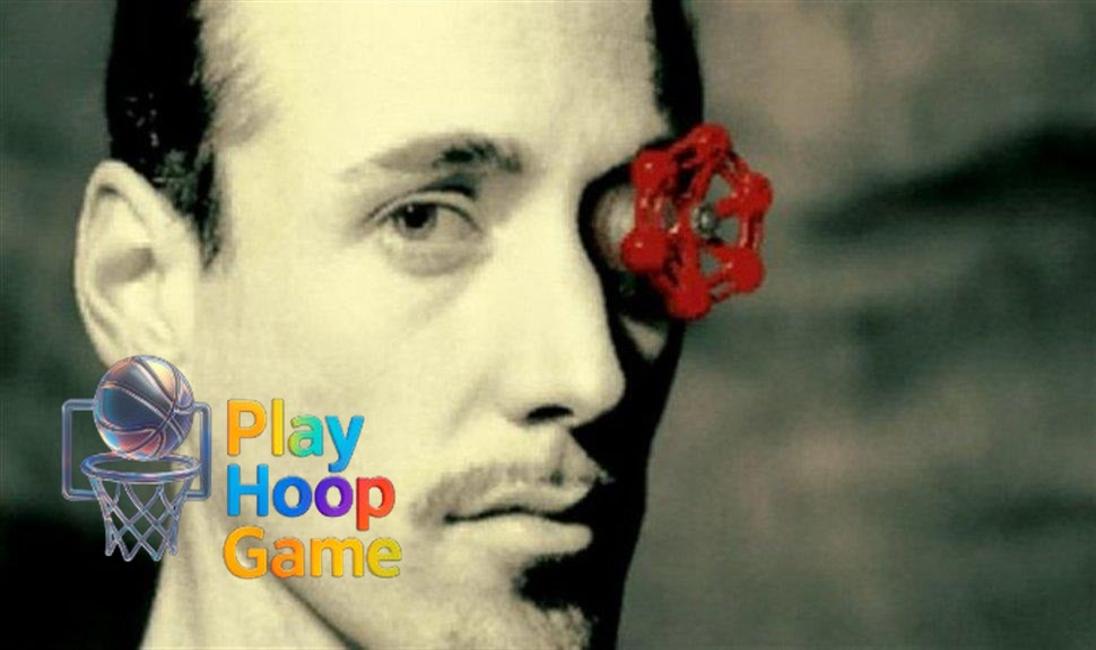You’ve been there. I’ve been there. It’s late, you’ve finally decided to pull the trigger on a game that’s been sitting in your Steam wishlist for months. Maybe it’s a big, sprawling epic like Cyberpunk 2077. You add it to your cart, you hit “Purchase for myself,” and you reach for the familiar, comforting blue button of PayPal.
But it’s not there.
You blink. Refresh the page. Maybe it’s a glitch? You try again. Nope. Just a list of other payment options, none of them the one you’ve used for a decade. A quiet frustration begins to bubble up. Is your account flagged? Is Steam broken? Did you forget to pay a bill? The simple, mindless act of buying a video game has suddenly become a miniature existential crisis.
Well, take a deep breath. It’s not just you. And the reason is so much weirder, and frankly, more interesting than a simple technical bug. It’s a story about corporate risk, digital morality, and the invisible gatekeepers who stand between you and your games.
So, What's Actually Going On With Steam and PayPal?
Let's get this out of the way first: this isn't random. It’s a deliberate, if poorly communicated, change. For a growing number of users, particularly in Germany but with ripples felt elsewhere, PayPal has simply vanished as a payment option for games that are considered “adult” or “NSFW” (Not Safe For Work).
And we’re not just talking about obscure, sketchy visual novels here. We’re talking about mainstream, blockbuster, critically acclaimed titles. Games with mature themes, violence, or nudity—you know, the stuff that gets an “M for Mature” rating—are being swept up in this. Cyberpunk 2077 is a prime example, but the list is long and seems to be growing.
I initially thought this was just another case of regional quirks, like Germany’s historically strict approach to video game violence. But after digging into developer forums and support threads, it’s clear this is something bigger. It’s a policy collision. A quiet, bureaucratic showdown between the world’s biggest PC gaming platform and one of the world’s biggest payment processors.
And it's a mess.
Valve Blames ‘NSFW’ Crackdown For the PayPal Problem
Here’s the core of it. According to Valve’s own communications with developers (which, of course, promptly leaked), the change is coming from PayPal’s side of the fence. Essentially, PayPal is tightening its "Acceptable Use Policy," becoming much more sensitive about processing payments for content it deems sexually explicit or otherwise risky.
Think about it this way. Steam is like a gigantic digital shopping mall. It wants to have every kind of store imaginable, from a family-friendly toy shop to a store that sells R-rated movies. PayPal, on the other hand, is like the mall’s primary credit card processor. For years, they’ve been fine with all the stores. But now, they’ve suddenly decided they don’t want their brand associated with the R-rated movie store anymore. It's a business decision, a risk-management calculation.
The frustrating thing is the lack of transparency. PayPal isn't sending you an email explaining their new stance. And Valve, for its part, seems to have just let the option disappear rather than putting up a notice saying, “Hey, our payment partner has new rules.” So we, the customers, are left scratching our heads in the checkout line. This whole situation is a stark reminder of the complex web of services that have to cooperate just for us to click 'buy'. It's not just a transaction between you and Steam; it's a transaction enabled (or, in this case, disabled) by a third party with its own set of ever-shifting rules.
Honestly, the whole situation feels a bit like when a major company suddenly decides to change its entire leadership structure, leading to a period of confusion and strange decisions. We saw a bit of that when the IGN boss decided to leave after a round of layoffs, leaving many to wonder about the company's direction. This feels similar—a big, impactful decision made behind closed doors.
Is This a Sign of Things to Come?
But this is where it gets even more complicated. Why now? Payment processors have been navigating the tricky waters of adult content for years. The likely answer is a combination of increased regulatory pressure and brand safety concerns in an era where corporations are terrified of negative press. They're trying to de-risk their entire platform, and a game that features customizable genitals, like Cyberpunk 2077, is an easy target for a risk-averse algorithm.
While the most visible impact is in Germany, these are global PayPal policies. The selective enforcement might just be a trial run. It’s entirely possible that what starts in one country could become the standard everywhere if they decide the financial or PR risk is too high. It sets a worrying precedent where your ability to purchase legally-sold media is dictated not by the storefront, but by the politics of the payment processor.
Suddenly, the digital future where you have access to everything, all the time, feels a little less certain. It’s a future with asterisks. A future where you might need three different payment methods depending on whether you’re buying a puzzle game like Puyo Puyo Tetris or a gritty RPG. It's not the seamless experience we were promised, is it?
FAQs About the Steam PayPal Issue
So, is my PayPal account broken or restricted?
Almost certainly not. This isn't an issue with your specific account. If you can still use PayPal for other online purchases or even to buy a "safer" T-rated game on Steam, your account is fine. This is a targeted removal of the payment option for specific products based on PayPal's internal policies.
Why can I still buy some games on Steam with PayPal but not others?
Because it all comes down to the content of the game itself. PayPal's new, stricter enforcement seems to be focused on games with strong mature themes, nudity, or what they might classify as "sexually explicit content." A game like Stardew Valley is fine. A game like The Witcher 3 or Baldur's Gate 3 might fall into this new restricted category.
What can I do if PayPal is my only option?
First, check other direct payment methods like a credit or debit card. If that's not an option, you can still use PayPal to buy a Steam Wallet Code from a digital retailer like Amazon or directly on PayPal's own gift card store. Then, you just redeem that code on Steam and use your wallet funds to buy the game. It’s an annoying extra step, but it’s a reliable workaround.
Who is really at fault here—Valve or PayPal?
That's the million-dollar question, isn't it? The core of the problem is that Valve blames the ‘NSFW’ crackdown for why some Steam players can no longer use PayPal to buy games like Cyberpunk 2077, indicating the policy change is from PayPal. However, you could argue Valve could communicate this better. In reality, it's a conflict between two corporate giants with different priorities. Valve wants to be a platform for all types of games, while PayPal wants to minimize its association with controversial content. We're just caught in the middle.
Is this ever going to be fixed?
Honestly? I wouldn't hold my breath for a reversal. These kinds of corporate policy shifts, especially those related to risk and brand safety, rarely go backward. It's more likely that this becomes the new normal, and we'll all just have to get used to the workarounds. The digital world is always shifting, sometimes in ways that make it feel less convenient, which is a real shame when you just want to relax with some cool 2 player games.
At the end of the day, this whole fiasco is a fascinating, if irritating, look behind the curtain. It shows that the digital marketplaces we rely on are not simple storefronts. They are fragile ecosystems built on partnerships, policies, and risk assessments that are completely invisible to us—until, one day, a little blue button disappears.

























